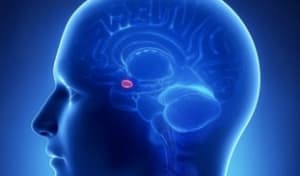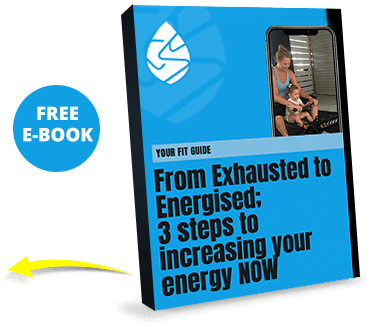
It was a Tuesday afternoon, and I got the phone call from a close mate. His car is getting repossessed if he didn’t have the money for a repayment in his account by this afternoon. Having started a new job he was to be paid Thursday. This guy was a good guy, very successful, the car was an Audi, and I knew how proud a person he was so I transferred the money in good faith once his pay hit as late as Thursday evening he would repay the funds. That was over a decade ago and we have still never been paid back. That close mate that I thought highly of was a gambling addict. Unfortunately, I didn’t know. He had persuaded money out of our entire social circle in secret. None of us see or hear from him anymore. While he put me in a terrible position and I felt like I really let Amy down, we learnt a valuable lesson and now reflecting; I feel sorry for him.
We can define addiction as the inability to moderate behaviour despite its negative consequences. Gambling, alcohol, drugs, we have all had a story similar to the one above at the hands of these behaviours and substances. Can we be addicted to food though? Can those things that make food so palatable make us addicted? Addiction neuroscientist Dr Robyn Brown says yes!!! I will look into sugar below, but the science suggests salt and fat having similar impacts on our physiology.
When we eat sugar, it activates the pleasure centre of our brain. When compared to cocaine in experiments with rats, it showed sugar to be 50 times less potent than cocaine but act on the same part of the brain. It revealed that exposure to sugar in excess was enough to change the structure of the neurones in the brain. When we eat sugar, we release a chemical in our brain known as dopamine. This encourages us to keep going, ensuring survival! A handy fact thousands of years ago when sugar was a rare treat. Fast forward all those years and we are surrounded by the stuff and the irony of what was once a lifeline has now become a fast-tracked way to decrease our quality of life. In a cruel twist, the feedback loop of dopamine release, sugar consumption and your level of satisfaction requires increasing amounts to maintain the same level of satisfaction. In short, we eat more to get the same affect two squares of dairy milk used to give us.
The Doctor presenting the lecture was implicit… greater empathy and respect for those suffering this needs to be our mandate. Remember, it isn’t the single exposure that causes this addiction; it is the excessive intake regularly that reinforces that behaviour. Emotional eating or boredom may be the initial drivers but then it becomes any cue of stress, fatigue, conflict and that neural highway to survival is lit up like a Christmas tree! Can you name a human that can get through life with no stress, fatigue or conflict??

Understanding that the craving for more is real is the first step in understanding the role these highly palatable foods are playing in your daily intake. It is also why humans in our current environment respond so well to a regular intake of food. If the hunger hormone ghrelin is signalling EAT EAT EAT because we have eaten nothing all day and it’s 3pm, the likelihood of overeating something sweet is high. This excessive intake changes the structure of the brain and further fuels that ‘addiction’.
However, if we proactively nourish ourselves with normal everyday food:
-cereal for breakfast
-sandwiches for lunch
-meat and 3 veg for dinner
We will see the ‘addiction’ cycle reduce its grip. We are not eating in the grip of the ghrelin hormone saying EAT EAT EAT! There are 2 other parts to this argument and that is tools for dealing with stress, conflict and fatigue which I will talk to in the future. The second factor is the good the bad the ugly of carbs. I will dive deeper on this one also but while chocolate, ice cream and lollies can be technically classed as carbs, they are simple, refined carbohydrates. These flood our body’s and brain with glucose fast! This is very different to whole grains and cereals, eaten and digested with fibre which slowly release that glucose into the bloodstream. We don’t get the dopamine rush from such an intake however we have ensured survival through our regular consumption and if we just give ourselves some time we then release leptin, the satiety hormone allowing us to remain satisfied. This is a different way of eating to the reaction to stress or boredom or an argument with a colleague.
Here are a few questions to ask before the next chocolate or cheese platter:
Is this nourishing or escaping?
Am I hungry or am I craving?
Am I heading toward my goal or away from with the next mouthful?
Would I serve this amount of food to someone that I had over dinner?
Yours in health
Sean Cornish



